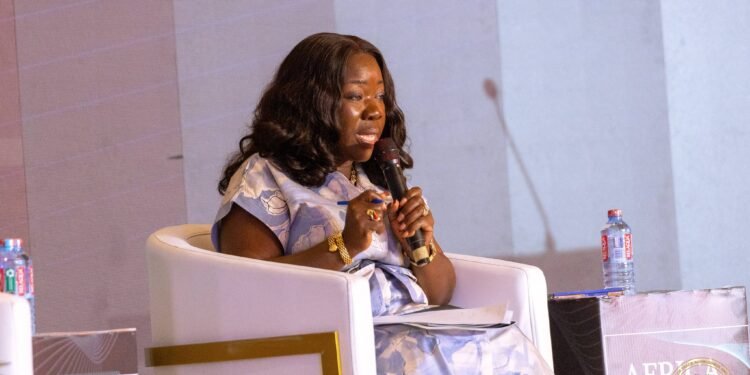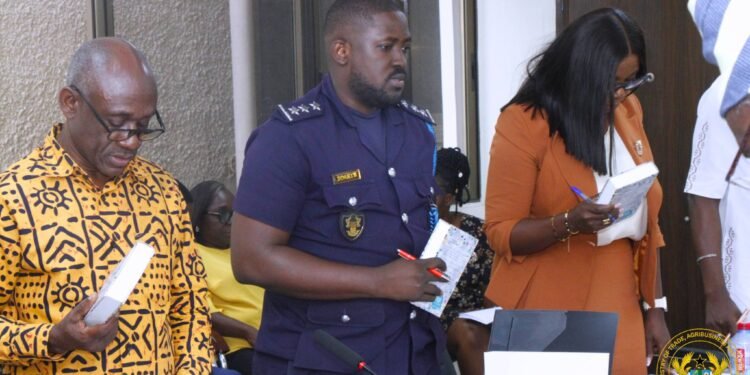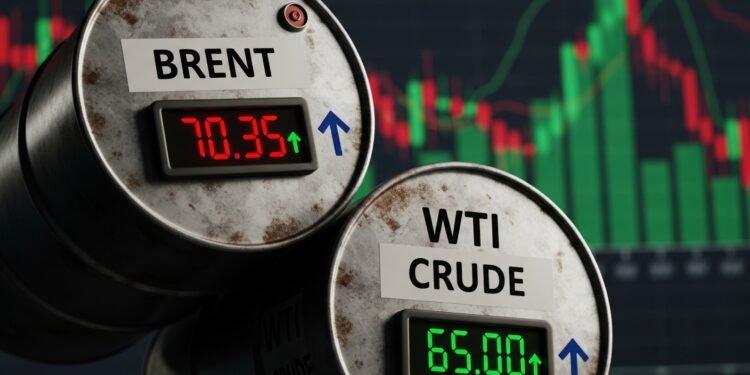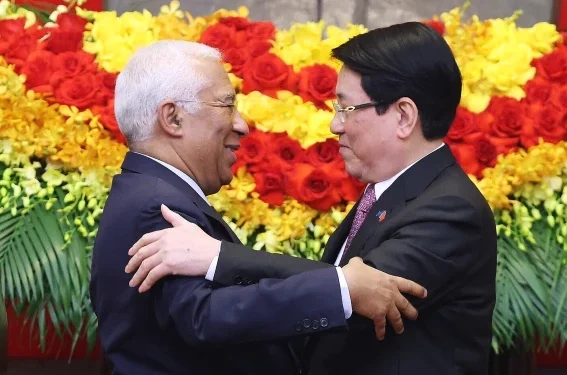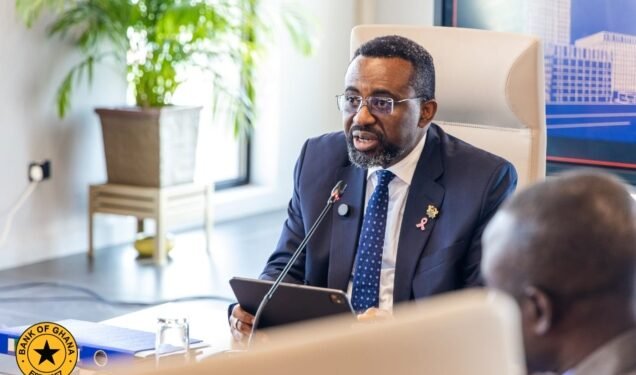The Finance Minister, Ken Ofori-Atta in his presentation of the 2020 mid-year budget review and supplementary estimates for the financial year in Parliament, indicated that there has been an improvement in the overall GDP growth rate.
“Overall real GDP growth rate was 6.5 percent as against a target of 7.0 percent, reflecting an improvement on the 6.3 percent in 2018”.
Ken Ofori-Atta
He stated that, macroeconomic target for 2020 on overall real GDP growth rate was pegged at 6.8 percent. However, provisional report supplied by GSS for the first quarter of the year 2020, showed that the overall GDP growth rate was 4.9 percent compared to 6.7 percent over the same period in 2019.
The Ghana Statistical Service (GSS) in April 2020 suggested that the overall GDP growth for 2019 was 6.5%, compared with 6.3% in 2018.
According to the finance minister, this confirms that the economy has continued with its robust performance since 2017, when real GDP grew sharply by 8.1%, down from 6.5% in 2018. He attributed the growth to technology and real estate.
“Key drivers of this performance includes the Information Communication Technology (ICT), which recorded the highest subsector growth rate of 46.5 percent, followed by Real Estates with growth rate of 19.9 percent”.
Ken Ofori-Atta
According to the Minister in 2019, the non-oil real GDP growth rate was 5.8 percent as against a projection of 5.9 percent, with an end-December inflation remaining at 7.9 percent with the target being 8.0 percent.
“Growth in the non-oil sector was 4.9 percent compared to 6.0 percent in the corresponding period of 2019”.
Prof. Samuel Kobina Anim, Government Statistician in January this year, indicated that the year-on-year inflation rate as measured by the Consumer Price Index (CPI) has fallen marginally to 7.9 percent for December 2019 as compared to the 8.2 percent recorded in November 2019.
According to him, it showed that the rise in general price level of goods and services went down slightly by 0.3 percentage points between November 2019 and December 2019 as compared to the 0.7 percentage point increase recorded between October 2019 and November 2019.
Mr. Ofori-Atta in addressing the House stated that the headline inflation remained at 7.8 percent from January to March 2020. However inflation rose to 10.6 percent in April and further to 11.3 percent in May, a reflection of panic buying as a result of partial lockdown in Accra and Kumasi.
“Inflation has declined marginally to 11.2 percent in June as pressure on food prices begin to decline due to the easing of restriction”.
He further indicated that the Agricultural sector recorded a growth of 2.8 percent in the first quarter of 2020 as compared to 2.2 percent during the same period in 2019. Also, the industry sector recorded a growth of 1.5 percent in the first six months as against 8.4 percent during the same period last year










